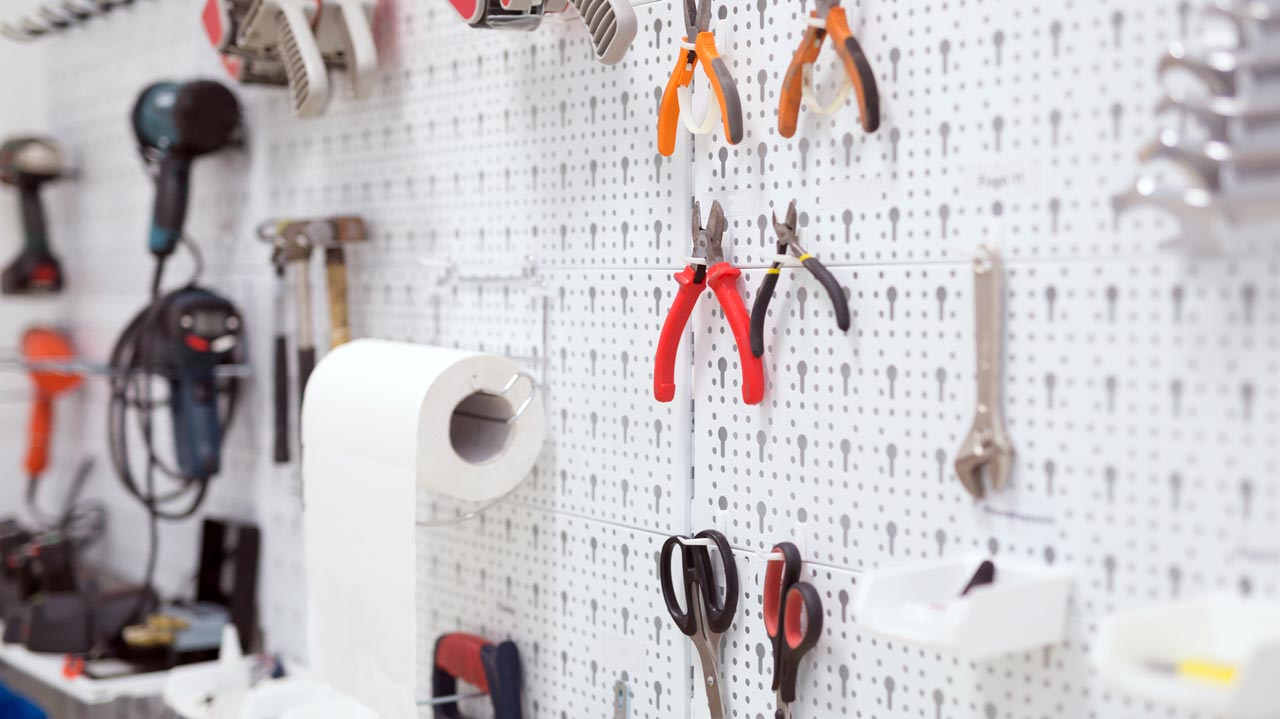Organization. For many people, being truly organized is a dream they think they can’t accomplish. For others, it’s a necessity for getting through the week and making sure everything gets done with the least stress possible.
Are you among those who wants and needs to be more organized but it seems overwhelming to get started? Here are a few quick tips that will improve your organization right away. From there, you can dive deeper into individual areas of your life to create even more structure and banish stress.
Get Rid of Clutter
Clutter negatively impacts the brain’s ability to focus. It naturally makes us less organized, more stressed, and much more frazzled. Declutter any space in which you wish to be more organized as a first step.
Clean off your work desk. Clear the kitchen counters and get rid of things you don’t use. Give your car a good clean out and detail.
Once your space is decluttered, you can start to develop improved organization techniques that help you keep that way as well as decrease your stress and increase your productivity in that area.
Learn more here: “Clutter: An Overlooked Cause of Stress.”
Figure out What Needs to Be Done and When
It might seem obvious, but the first step to being organized is to have a clear idea of what you need to accomplish and when. Sometimes, multiple steps are involved with getting something done. For example, if you need to make cupcakes for your child’s holiday party at school, you first need to make sure you have all the ingredients you need by the time you need to start baking.
Get a good planner, and use it to make lists. Break big tasks into smaller ones, and plan out when you need to have each thing done. Mark things off as you go, and check your planner often to make sure you haven’t forgotten anything.
Put All the Tools for a Job Near Each Other
This is a primary thing that highly organized people do. Put all the tools you need to accomplish specific tasks together and near where you use them. Here are some examples:
- Put a shredder, recycling container, filing cabinet, envelopes, checks, stamps, and a trash bin near where you open the mail. Handle each piece of paper only once, depositing it where it needs to go once you’re done.
- Create a gift-wrapping station. It can just be a small table, but keep everything you need to wrap a gift there, including tape, wrapping paper, scissors, boxes, gift bags, and a pen or sharpie.
- Stream-line your chores. Create a cleaning basket that you can carry from one room to the next with all your cleaning tools in it. Include cleaner, paper or microfiber towels, gloves, brushes, and anything else you regularly use to surface clean. Deep cleaning will require different tools, of course, but if you quickly do the surface cleaning daily, you won’t need to deep clean as often.
Everything you use should have a “home” within your house. As you de-clutter, make sure that everything you keep has a spot that it belongs, and return it there every time you use it.
Start Small and Build Up
When you decide to get more organized, start small and build up. Take one area of your life and organize it. Take your time, and make sure it’s just right before you move on to the next thing. Don’t try to declutter your whole house, office, and car and organize them all at once. That will probably lead to you feeling overwhelmed and might even make you give up.
